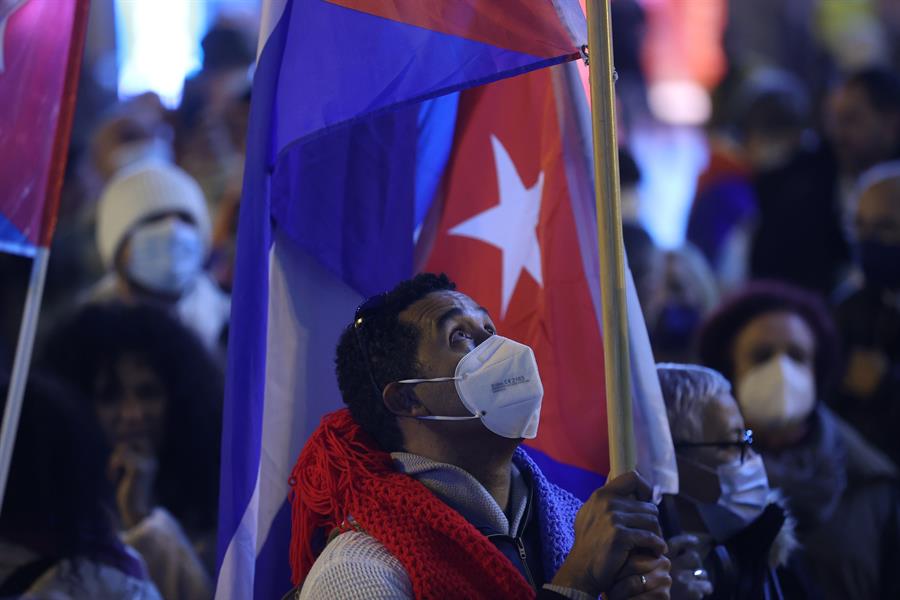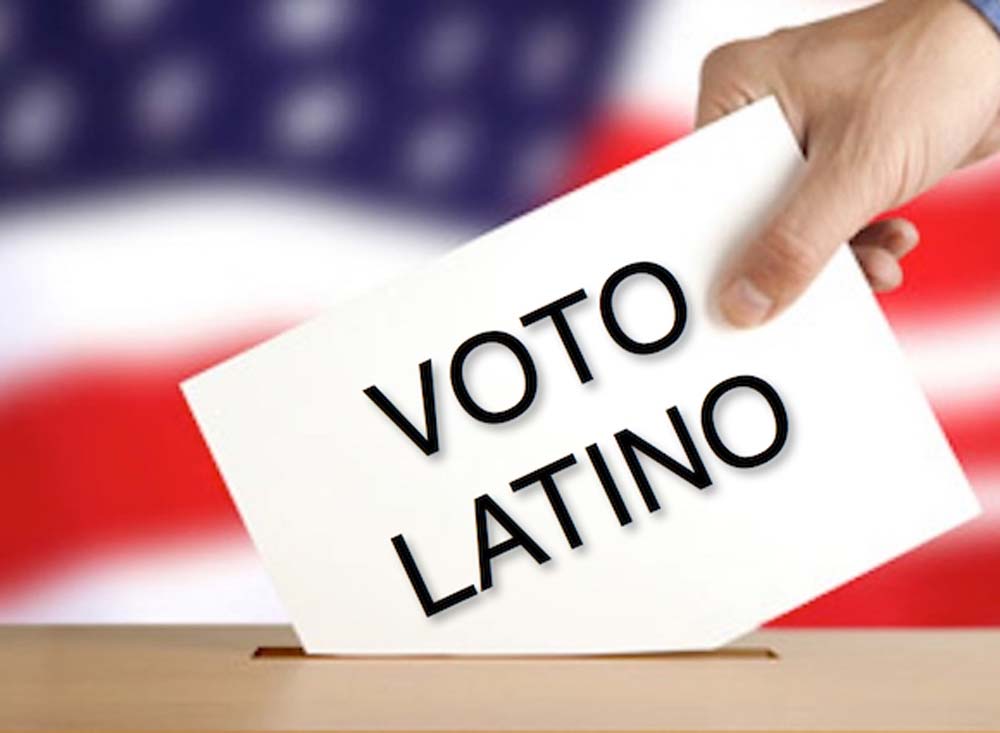At least a hundred people were arbitrarily detained and another 131 prevented from leaving their homes during the peaceful protests of 15N in Cuba, denounced this Tuesday the Cuba Decide platform and the Center for Complaints of the Foundation for Pan-American Democracy (FDP). ).
In a statement, both organizations accuse the Cuban Police and the so-called “rapid response brigades” of being responsible for the “arbitrary” arrests and detentions of the protesters.
The Cuba Decide platform and the FDP established since last weekend a “monitoring center” that has so far registered at least 100 people arbitrarily detained to prevent them from participating in the civic demonstration, the statement said.
According to the same source, “some arrests took place with marked violence,” and he cites “the case of the Miranda Leiva brothers.”
Several activists such as Zaqueo Báez, José Daniel Ferrer Cantillo, Berta Soler, and Ángel Moya have already been released, while others still remain unaccounted for, he adds.
By provinces, the highest number of arrests occurred in Havana, with 28 arrests, followed by Ciego de Ávila, with 21. The third was Santiago de Cuba, with 14 arrests, according to a graph that accompanies the statement and whose data was updated today afternoon.
The platform also registered at least 131 cases of people prevented from leaving their homes, in at least 14 of the 15 provinces of the country.
In many cases, the statement indicates, rapid response brigades led by the political police carried out acts of repudiation and remained at the activists’ doors, blocking their way. In others, police patrols directly prevented them from leaving.
“The absolute militarization of Cuba that we are experiencing is unsustainable for the dictatorship. It may be that yesterday they delayed spring, but they will not be able to stop it,” said Rosa María Payá, leader of Cuba Decide, “a citizen initiative to change the system in Cuba towards democracy and the rule of law, “ according to its website.
“The Cuban people are determined to recover their homeland and life, from now on every day will be November 15 in Cuba,” added Payá.
Archipelago, the Cuban dissident group that called the 15N protest, accused the government of violating their fundamental rights on Tuesday and proposed prolonging the protests until November 27.
In a statement issued at dawn to take stock of the previous day, he argued that “the causes that led to the call for 15N are still in force” and that the Government “has not understood the message,” so he is committed to insisting.
The 15N march, which the government did not authorize, was thwarted by a large deployment of security forces in the main cities, as well as individual actions against dozens of activists, opponents, and independent journalists.
Some were detained, others forced to stay at their homes, and several denounced repudiation rallies in front of their homes by groups of people related to the Government.
The Cuban Executive, through the voice of Foreign Minister Bruno Rodríguez, described this Monday the initiative as a “failed operation” by the United States.



















































































